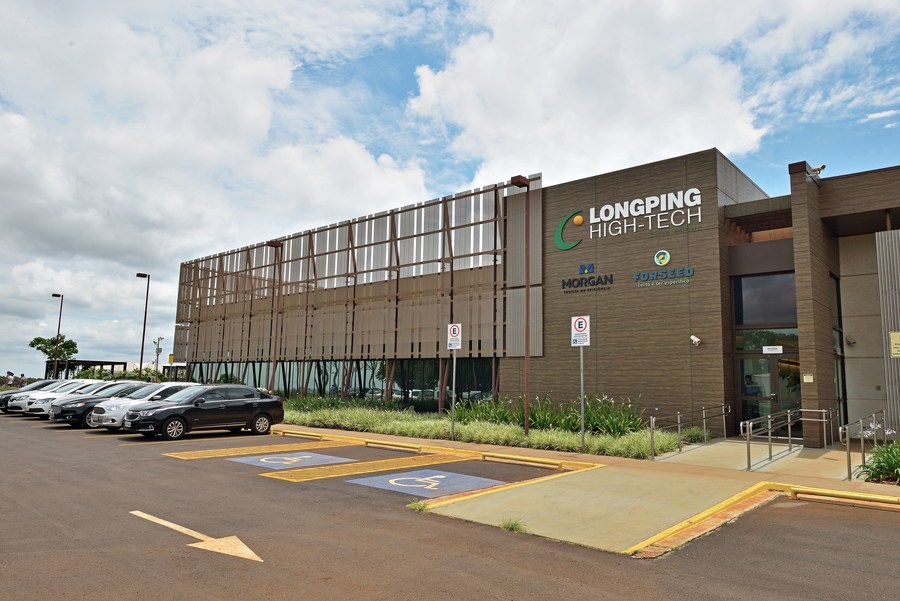Xiconomics: How China, along with other BRICS nations, turns aspirations for common development into reality


BEIJING -- Traversed by the lower Amazon River flowing into the Atlantic Ocean, the state of Para has one of the busiest port in Brazil and a wealth of mineral and agricultural resources. However, for decades, local people have been struggling to harness the natural abundance to their well-being.
Lack of funds on large projects such as roads and transmission lines delayed the state's integration with markets in the country's rich south. And local residents have limited access to smaller infrastructure that more directly helps them to earn money.
Aline Feitosa, a mother of four who runs a small bar in Brasil Novo in Para state, is upset about muddy roads in the city. "People didn't come to my bar because of the mud in the rainy season and the dust in the drought season."
Among the country's 26 states, Para is the fifth poorest in terms of GDP per capita due in part to a chronic shortage of infrastructure. But things are changing for the better.
- More aftershocks expected following deadly Xizang earthquake
- HKSAR chief executive mourns victims of Xizang 6.8-magnitude quake
- Milestones in China's high-speed railway development
- All-China Women's Federation raises over 13 million yuan for quake relief in Xizang
- China's lithium reserves rank second in the world
- China Coast Guard patrols around Diaoyu Dao





































